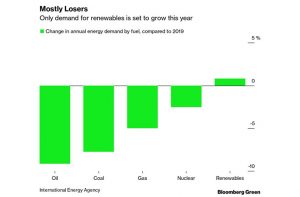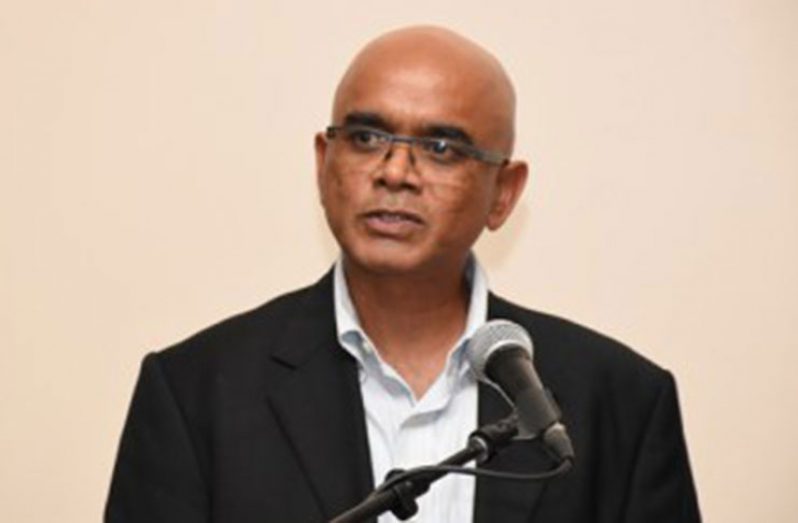…says WWF-Guianas Director
EVEN as Guyana and Suriname have discovered large oil reserves offshore with the potential to garner massive revenues, Director of WWF-Guianas, Dr. David Singh emphasised that sustainable development should still be a key development framework.
Speaking at a recent Online forum, Dr. Singh reminded his audience that just five short years ago, there were no massive proven oil resources in either of the two neighbouring South American countries, but now, Guyana has begun producing oil from its significant oil reserves, while Suriname has discovered substantial oil reserves, and will begin production eventually.
These discoveries, Dr. Singh said, could potentially transform the two countries into “oil-centered” economies, rather than put them on the “green” and sustainable trajectory which both countries have long positioned themselves for. Noting also that inasmuch as an oil-and-gas industry can significantly contribute to sustainable development, Dr. Singh said:
“For oil and gas to contribute to low-carbon and ‘green’ economies, oil must only be developed as an important contributor, and not as a central pillar for economic development for the Guianas.”

By “the Guianas”, Dr. Singh means not just Guyana and Suriname, but French Guiana as well, and to a certain extent much of southern Venezuela, and parts of Colombia and Brazil, as, geologically speaking, they’re all part of the Guiana Shield.
But to get back to the point Dr. Singh was making, he said that in order to facilitate this sustainable development framework at reference, countries must remain resolute about building solid low-carbon and “green” economies. This includes ensuring that the proceeds of oil are sustainably managed to trigger economic diversification; the revenues garnered must be used to increase resource efficiency and address social inequalities and divisions within our multiethnic societies through thoughtful investment; and, the revenues must be used to ensure the rights of the citizens and their basic resource- the natural patrimony.
ECONOMICALLY SOUND
Not only is sustainable development a better framework for environmental protection, but is it also an economically sound one, Dr. Singh said. In fact, countries that centered their economies on their oil and gas industry are on the “wrong side of history” according to Dr. Singh, who added that it is myopic to do so given that these resources are finite.
While there is still a long way to go before renewable energy sources, such as solar, hydro and wind energy, become the principal sources of energy, he emphasised that the two countries should be building a long-term development path on assets that have a higher chance of appreciating in value.
According to a report from Bloomberg Green, global carbon dioxide emissions will fall by 2.6 billion metric tons in 2020 (eight percent of total emissions), which is the largest fall in history. This is attributed to the lockdown measures, put in place to help curb the spread of the novel coronavirus, COVID-19, which have resulted in a decrease in global productivity. Contrastingly, however, the demand for renewable energy is growing according to the climate-focused agency.
“The last five years have seen dramatic changes and this year is a case in point. What will the next five years bring us and how much of this can we control?” Dr. Singh said. To adequately facilitate sustainably developed economies, he made several proposals.
Institutional capacity to regulate the oil and gas sectors in both countries should be bolstered; this should include an urgent review of the programmes at the universities to include training and research into regulation of the sector. A key component, he said, should also be to support state institutions tasked with regulating the sector.
Dr. Singh also emphasised that there should be strong environmental and social safeguards for the industry, reasoning that it should be debated how the oil and gas players should contribute to sustainable development beyond their standard responsibilities and expected Corporate Social Responsibility (CSR). And, he championed the role of all citizens in all parts of society in the decision-making process.




.png)









